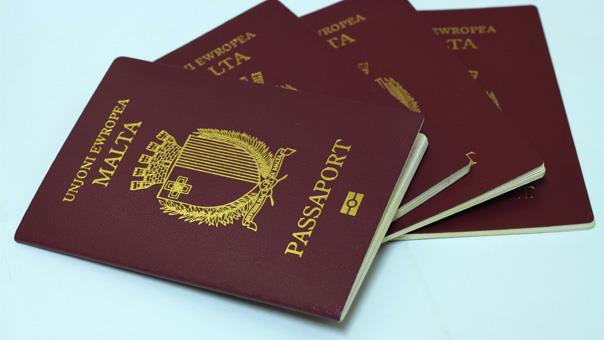Estonia has begun to offer e-residency for as little as €100, via an online application form, hoping to attract foreigners with the chance to base their business and finances in the Baltic state.
E-residency differs from citizenship, and does not allow e-residents the opportunity for visa-free travel across EU member states. The aim behind the simple e-residency programme is to attract foreigners to use Estonian banks and establish Estonian companies, therefore contributing to the economy.
The UK’s decision to leave the EU has also resulted in a high number of UK nationals and companies applying for this programme, gaining them access to the single market and all the perks that come with it.
Both Malta and Cyprus differ due to the fact that Malta is selling citizenship, and therefore providing access to the Schengen travel zone (passport free travel) and visa-free travel for all the countries Malta and Cyprus have such an agreement with.

The EU have repeatedly slammed both Malta and Cyprus for their citizenship by investment schemes, mainly due to the security risks they pose and doubts that the necessary due diligence will be carried out. Others have mused that citizenship to a country is not something that can be bought, but rather earned.
Cyprus’ programme has been operational since 2013, when the country declared that it needed a bail-out in order to stop it from going bust.
Cyprus has recent come under fire again because of changes to the programme, where it is no longer needed to form groups of five or more investors; the upper threshold on the required investment for single applicants has been halved to €2.5 million, more safeguards for the investors have been introduced and the main applicants can secure citizenships for dependent parents.
An application is processed and a passport granted in three months, setting it apart from other EU member states citizenship by investment schemes.

The Maltese citizenship by investment scheme requires less investment, still more than what was originally proposed by this Government, before the EU Commission intervened.
The Maltese programme requires applicants to give a €650,000 contribution to a national development fund, provide a €150,000 investment in government stocks or bonds, and must own a property worth at least €350,000 for at least a year in order to establish a residency link to the country.
A spouse or a child costs an extra €25,000 or €50,000 depending on whether they are older than 18.
Further controversy surrounded the Maltese scheme when it transpired that users of the programme were being given a right to vote when they did not apply for one, nor did they meet the constitutional requirements to have the right in the first place.